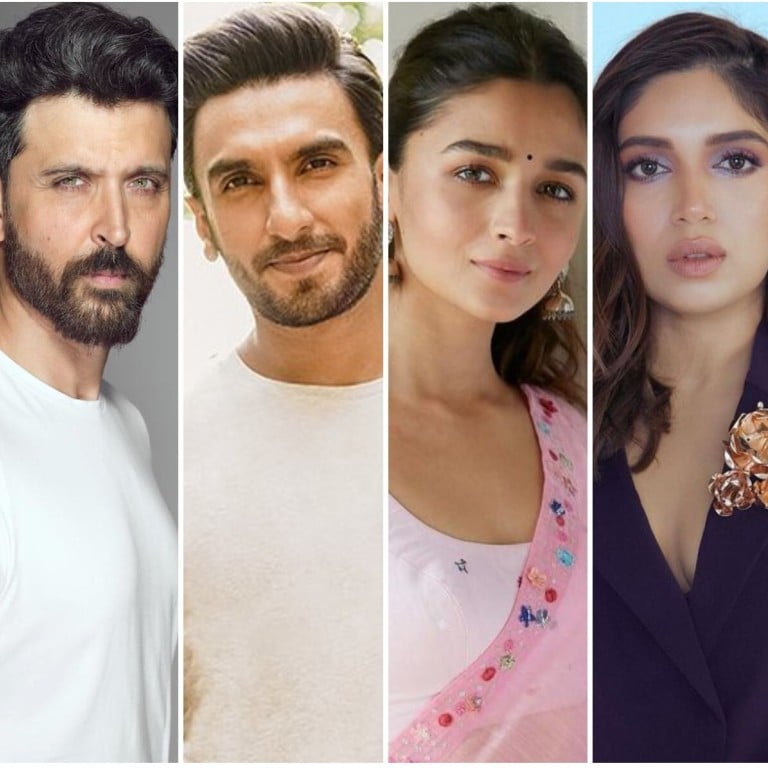Brownface in Bollywood: Alia Bhatt, Hrithik Roshan and 3 more Indian actors who should’ve said no to darkening their skin

#BlackLivesMatter might have highlighted problems with racism in the US, but in India film stars continue to promote skin whitening cream – and darken their skin for roles that perpetuate stereotypes rooted in the country’s caste system
Even today, the Indian film industry has an uncomfortable habit of employing skin-darkening make-up to actors’ on screen. Employing blackface or brownface not only makes it more difficult for dark-skinned actors to get cast in roles, it perpetuates negative stereotypes in a country where discrimination based on skin colour is deeply rooted in society.
Stereotypes can be traced back to the archaic Indian caste system where darker skin is associated with being from a disadvantaged groups. Such stereotypes continue to persist today: darker skinned characters in Bollywood films still tend to be from poor backgrounds, for instance.
While you’d think that most actors would decline roles that perpetuate the offensive practice, some didn’t – like these five.
Hrithik Roshan
The latter caused a stir after the trailer dropped, when Twitter netizens slammed Roshan’s brownface and accent as unrealistic. One user said, “It is as cringy as a white person playing a black [person] in American movies. Why can’t you find someone of the same complexion?”
Ranveer Singh

Singh played Murad, an aspiring rapper from the Mumbai slums, in the 2019 box office hit Gully Boy. Despite the film’s popularity, critics were quick to point out that Singh’s brownface had no relevance to his character. It appeared as “some misguided effort to make [him] fit for the role”, wrote Laetitia Bruce Warjri, an associate fellow at the Observer Research Foundation (ORF), in an op-ed on iDiva.com.
Bhumi Pednekar